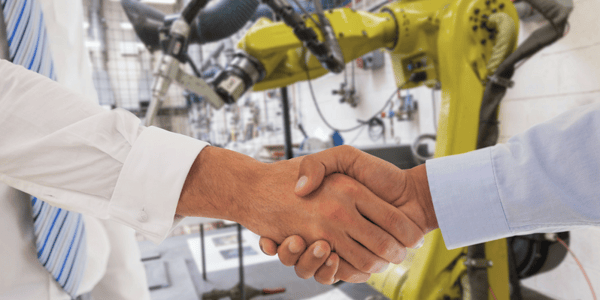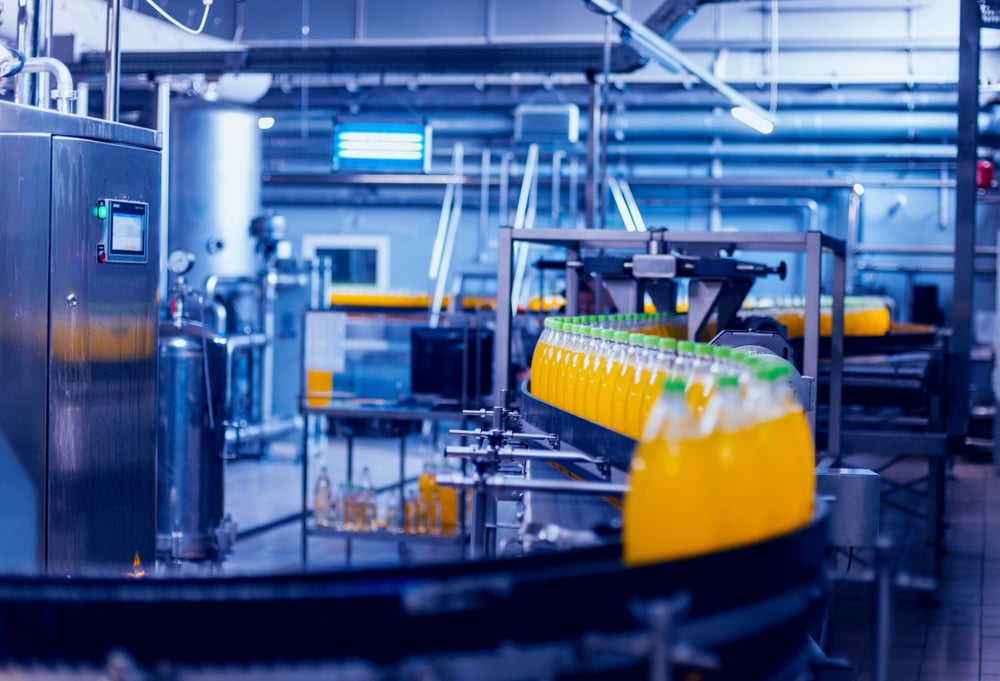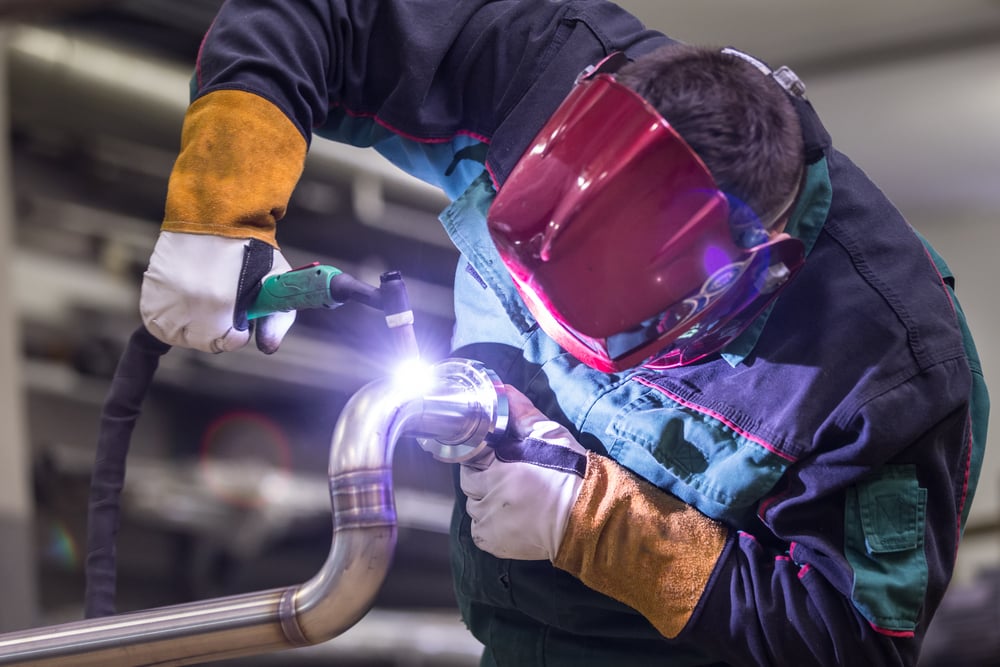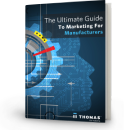Finding The Right Contract Manufacturer: Single- Versus Multi-Station Production Processes
Robert Shade September 7, 2016
It seems logical that when developing a product with multiple process requirements, you would search for multi-station equipment, and single-station equipment for a one-process operation. However, this common screening process can actually yield less than optimal results.
What Are The Differences Between Single- And Multi-Station Productions?
A single-station production process involves one piece of equipment running one process at a time. In the paper industry, this would call for one coating or lamination process at a time. For production that requires multiple processes, a single-station machine can produce the product by completing each process as a separate step. Single-station productions, therefore, require running the raw materials through the equipment multiple times in order to complete a multi-process production.

In a multi-station production, a single machine is multifunctional, responsible for performing two or more tasks. For instance, a multi-station machine could be responsible for applying a silicone coating and a layer of glue in a single production process.
Is There A Price Differentiator?
On the surface, a multi-station production process may seem like the better option — the perception is that only going through a machine one time results in a faster and therefore more cost-effective process — but this is not the reality.
When working with a contract manufacturer, the cost of the raw materials your product requires will be the same, regardless of whether they operate a single- or multi-station production process. As a result, the financial component of choosing between single- and multi-station is usually based on operational and fixed overhead costs.
Typically more expensive than single-station equipment, multi-station machines have increased costs due to their size and complex design. The increase in fixed overhead and operational costs for multi-station equipment is built into their use on long production runs.
Since the machines are used for two processes conducted at the same time, multi-station machines’ maximum speed must be limited to the speed of the slowest process. Dealing with the two processes and optimum speed not only affects cost, but can make quality issues until enough material has been made to optimize the both processes being run simultaneously.
The more processes a multi-station machine performs, the larger the machine invariably is. Larger, more complex machinery requires more labor to operate and maintain. Oftentimes, contract and toll manufacturers running multi-station production machines have a higher cost-per-hour of machine time required for the production run. In contrast, single-station equipment tends to be smaller, therefore requiring fewer operators during production and a lower per-hour charge.
The Flexibility Of A Single Station
Since a single-station machine performs one function at a time, there is a lot of flexibility in terms of setting up the machine a certain way for each process. Any step in a single-station production process can be broken out and run separately at optimal speed and quality levels.
Though many multi-station machines can generate products with reliable quality, the goods produced by single-station machines are commonly of superior quality. When only one function is performed at a time, all of the focus is put on that single function, resulting in a more optimized process.
When Is A Multi-Station Coating Operation Effective?
Many multi-station machines in the paper and lamination industries are dedicated machines, often repurposed from paper mills. There are certain applications where multi-station coating machines have been specifically designed to produce unique products:
- Pressure sensitive label stock
- Clay coating two-side paper and film
- Lamination of multi-layer paperboard stock (with no oven)
If you have a huge volume of a single product that must be manufactured regularly for an important brand or product, it may be cost effective to build a multi-station machine in-house. But for volumes below the minimum required for a dedicated machine or specialty runs, the types of products in which contract and toll manufacturers specialize, they are not ideal — single-station production systems are preferable.
Did you find this useful?









